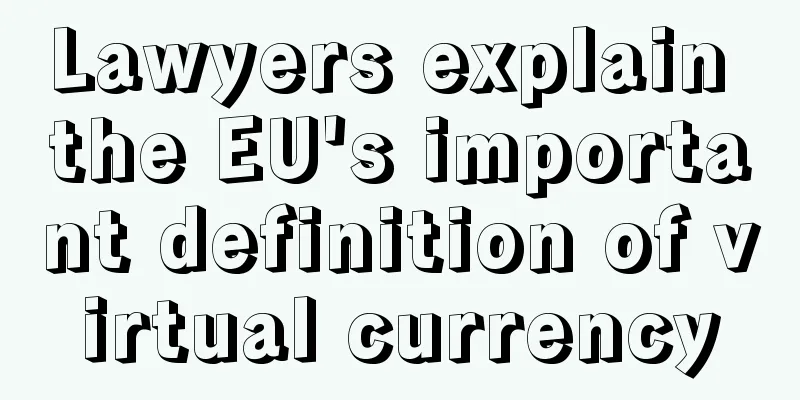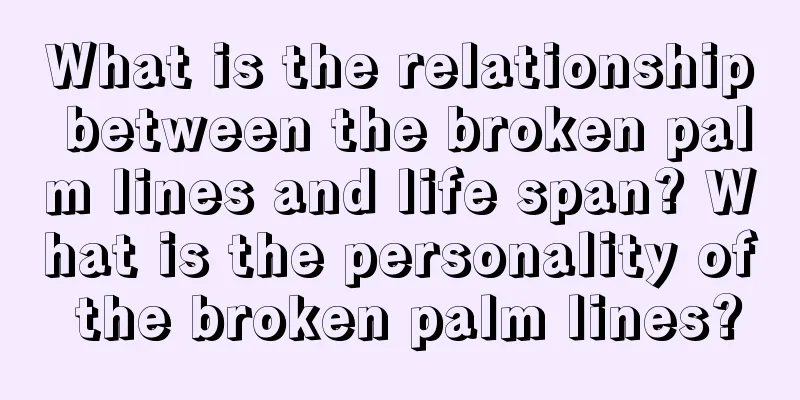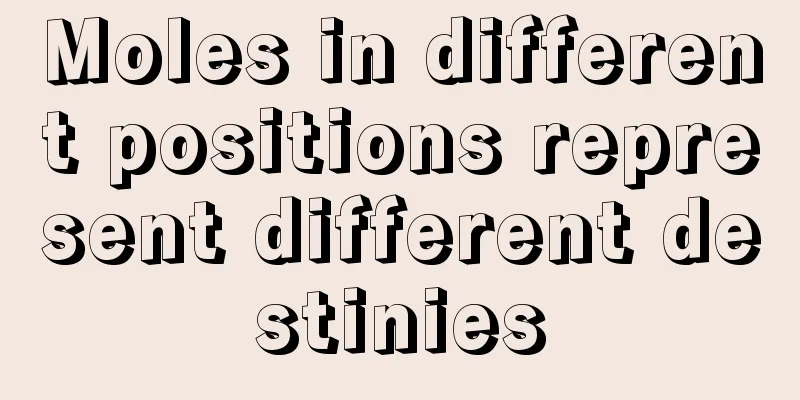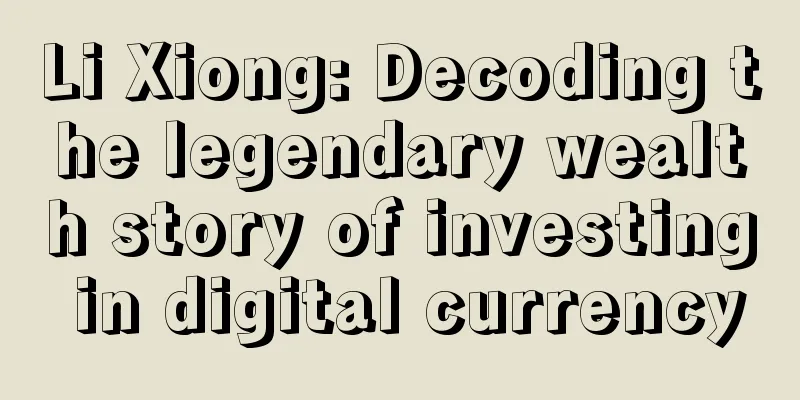Lawyers explain the EU's important definition of virtual currency

|
Author Jacek Czarnecki is an attorney at Wardynski & Partners, specializing in FinTech, digital currency, and blockchain. Recently, the European Commission adopted a new legislative proposal to combat terrorist financing and tax evasion, which means that virtual currency exchanges and custodial wallet providers are included in the EU's Anti-Money Laundering Directive. In addition, the EU also defined virtual currencies in law for the first time. In this article, Czarnecki analyzes the impact of this new definition on the blockchain industry.
This move was expected, and it is clear that the European Commission wants to expand the anti-money laundering regulatory framework. However, the importance of this legal proposal may still exceed the anti-money laundering regulations. The most noteworthy of these is that the EU defined "virtual currency" in law for the first time. According to the proposal, “virtual currency” means: “… a digital representation of value that is not issued by a central bank or government agency and does not necessarily have to be tied to legal tender, but it must be accepted by natural or legal persons and used as a means of payment and can be used for transmission, storage or electronic transactions.” This definition is broad, but technologically neutral (and theoretically not limited to cryptocurrencies like Bitcoin). It also has two main parts: first, the broad concept of a “digital representation of value” that is not issued by a government agency, and second, someone needs to accept it as a means of payment (on an unspecified scale) and have it in electronic form. It appears that while this definition is broad, it remains unclear how virtual currencies such as Ether (the native token of the Ethereum blockchain) will be treated. This is because, while Ether is traded on exchanges, it is rarely used as a means of payment. Starting January 1, 2017, all EU member states’ anti-money laundering laws will include this definition. In many countries, this will be the first time that cryptocurrencies have been included in the law. While this definition will have direct application in anti-money laundering regulation, it is likely to impact other laws as well. This means that the introduction of a definition of “virtual currency” has the potential to become an anchor point in the legal systems of EU countries. Courts and government agencies will no longer have to interpret their own definitions (sometimes for specific purposes), but will have to take into account the current anti-money laundering legal definition. Still, it could be a useful tool for national financial regulators or tax authorities, which until now have not had an anchor point in law to work with, and will now be able to use an established definition. Whether this definition will stand the test of time or allow virtual currency technology to develop and compete in the EU remains to be seen. |
<<: Bitcoin halving is approaching, and the 51% attack issue resurfaces
>>: [Market Analysis] Bitcoin support rebounds-British issues drive the bull market back
Recommend
Mastercard CEO: Non-government-issued digital currencies are garbage
On October 10, Ajay Banga, the first Indian presi...
The market is falling, and patience is needed
Author | Hashipi Analysis Team...
Palmistry to see your significant other's love
Palmistry to see your significant other's lov...
BTC's liquidity crisis continues?
Entering the first week of 2021, Bitcoin continue...
What kind of face is most suitable for couples?
I believe everyone has heard that when describing...
Which aspect of your desire is stronger?
Everyone has a side that is easily led to depravi...
OKX and seven other exchanges exit Hong Kong — what this means for the crypto market
summary Hong Kong exchange's sudden exit high...
Is it good for a woman to have straight eyebrows? What are the other signs of straight eyebrows?
A person's emotions, personality, destiny, et...
The halving coincides with a flood season, and 30% of miners may leave the market?
In April, BTC led the crypto market, while other ...
Boiling 2020: What will happen to Bitcoin and Ethereum, the two jewels of the crown, next year?
Preface: 2020 was a boiling year. From the 312 cr...
How to analyze the characteristics of a poor man by looking at his face
Basically every woman hopes to find a rich man to...
Judging from one's face whether one's ancestors have accumulated virtues
The influence of parents on their children is obv...
What does the health line represent in palmistry? What are the characteristics of the health line?
Hands are very important organs, and everything w...
Big news! Official announcement: FILECOIN mainnet will be launched in the first quarter of 2020!
On September 25, 2019, FilecoinNetwork updated it...
Analysis of moles on women's faces Detailed analysis of moles on women's faces - eyes
Analysis of moles on women's faces, detailed ...









